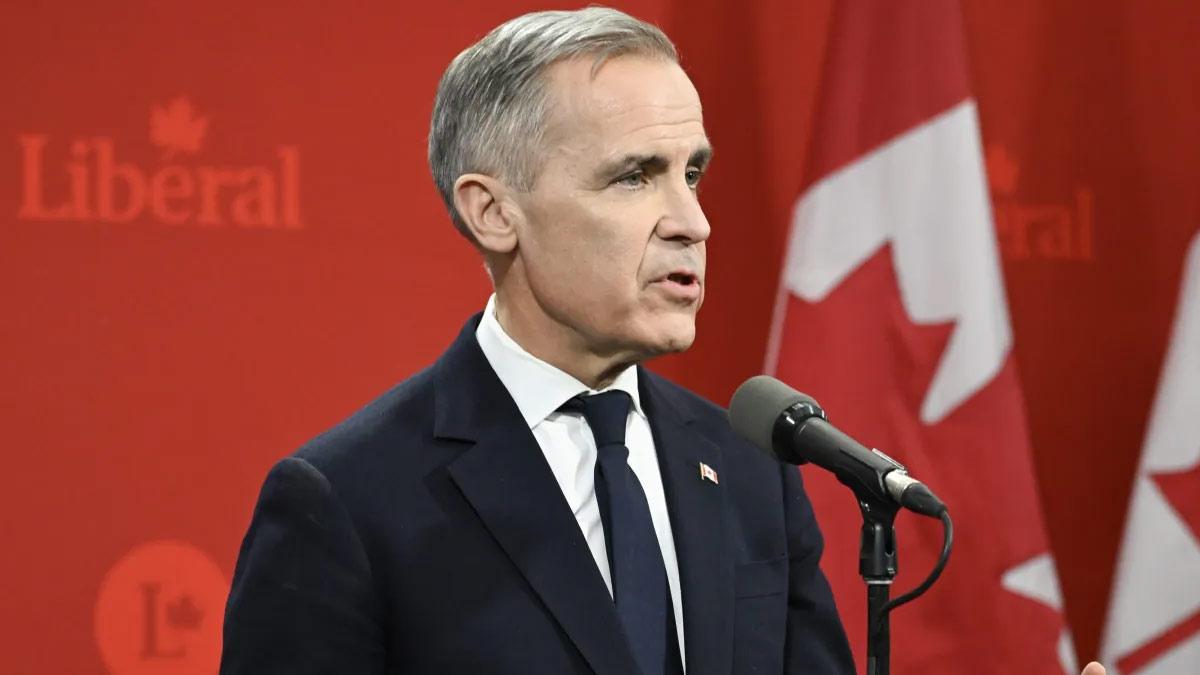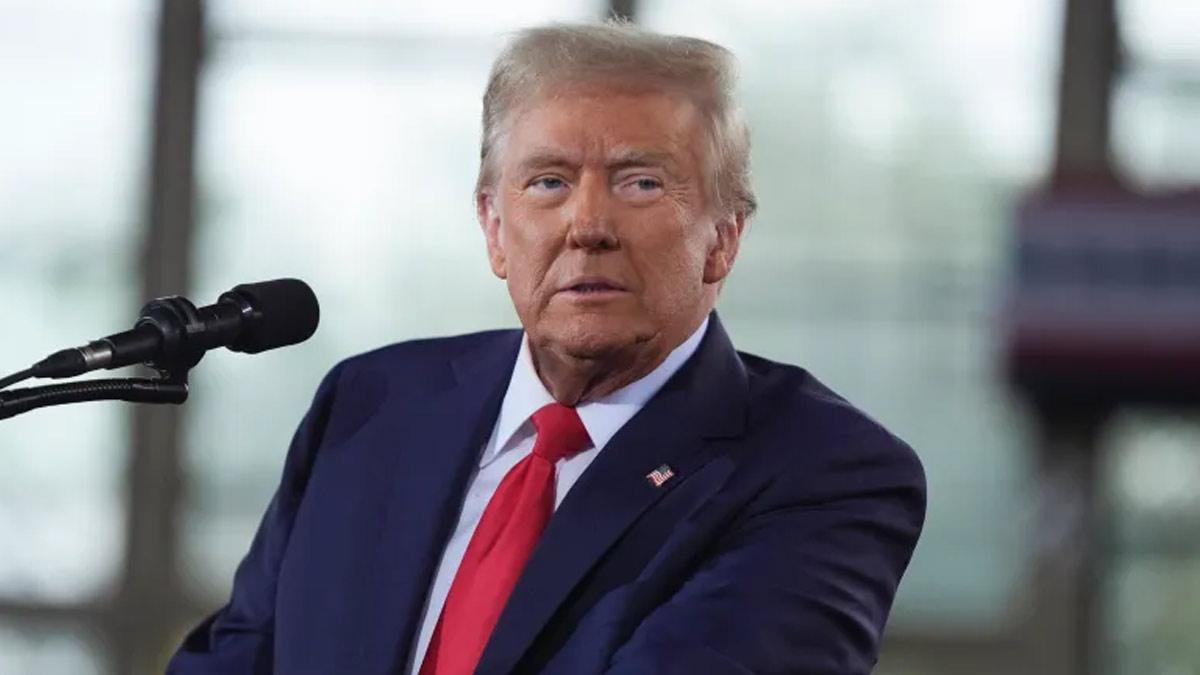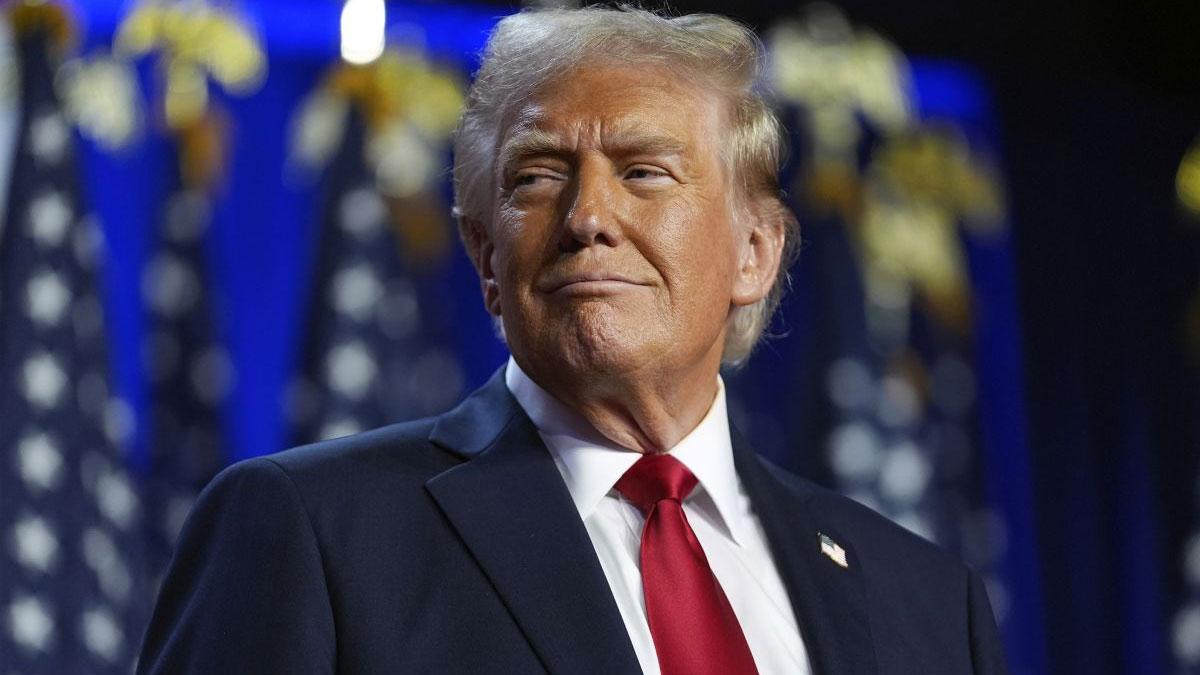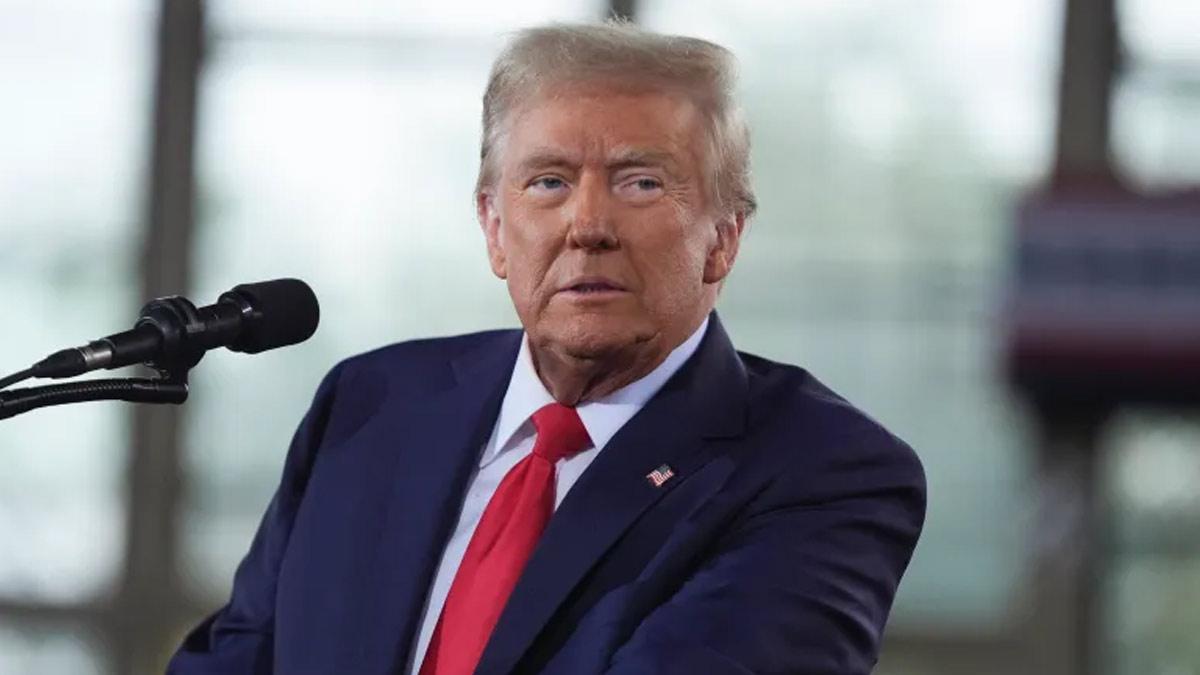Canada's Prime Minister Mark Carney has announced a snap election amidst increasing pressure from U.S. President Donald Trump, whose own actions have in a surprise way assisted the incumbent Liberal Party to stage a powerful comeback in opinion polls.
The election has been scheduled by Carney for April 28, which has the potential to heavily redefine Ottawa's domestic and international policies, specifically its relationship with the U.S. and India, whose bilateral relations were soured during former Prime Minister Justin Trudeau's tenure.
Recent opinion surveys indicate that the reach of the New Democratic Party (NDP), which had previously affected Trudeau's strategy towards India and had aligned with pro-Khalistani elements, would be greatly diminished post-election.
Presenting the vote as a referendum on whether Canada should take a stand in its relationship with the U.S., Carney said, "We are confronted with the biggest crisis of our lives due to President Trump's unwarranted trade actions and his attacks on our sovereignty."
"President Trump says that Canada is not an actual country. He wants to destroy us so America can dominate us. We will not stand for it," he said.
The inexperienced former banker will be pitted against Conservative Party leader Pierre Poilievre. In spite of the Conservative Party's initial lead in polls this year, Trump's verbal assaults on Trudeau—accusing him of being a "governor" and placing tariffs—have inadvertently helped improve the fortunes of the Liberal Party, which is now running neck-and-neck with the Conservatives.
In a wry remark, Trump stated, "I got involved and totally changed the election."
Based on CBC's Poll Tracker, the Liberal Party is likely to take 174 seats in the 343-seat House of Commons, an increase from 152, which would provide Carney with a majority. The tracker indicates the Liberals now have a 60% chance of securing a government without needing a coalition.
If this occurs, Carney's administration would no longer require the backing of the NDP, under Jagmeet Singh, which had been a point of contention.
At the time Trudeau resigned on January 6, the Conservative Party led the Liberals by 24%, with 44.2% support against the Liberals' 20.1%. But as Trump intensified his call for Canada to join the U.S. and declared his trade war, Canadian public opinion moved to favor the Liberals. The Liberals currently lead with 37.5% projected support, over the Conservatives at 37.1%. The NDP's support has tumbled from 19.3% in January to 11.6%.
Poilievre, who is ideologically aligned with Trump, has questioned his capacity to handle a possible confrontation with the U.S., with the election's focus moving from domestic matters such as inflation to what may turn out to be a fight for Canada's sovereignty.
During his comments, Carney framed the election as "a choice between a Canadian Trump or a government that unites the country and gets to work to build a strong economy that works for all Canadians."
Carney further mocked Trump's quest to assert authority over Canada by labeling the effort "crazy."
Conversely, Poilievre began his campaign on a different note, stating, "You can be respectful and firm, and I believe we have to be both." But he continued, "I will insist the President respect the independence and sovereignty of Canada. I will insist that he desist from tariffing our country." He reiterated his "Canada First" platform, which he claimed would make Canada stronger and better able to assert itself against the U.S. when needed.
Carney, the former governor of the Bank of Canada and the Bank of England, has a distinctive background that may be useful in steering the current trade war. His leadership of the Liberal Party has positioned it more towards the center, with policies such as canceling proposed hikes in capital gains taxes and reducing some carbon emission taxes.
Poilievre's platform, however, promotes deregulation, increased use of natural resources, tax reduction, and opposition to "wokeness," as well as the affirmation of the existence of only two genders—positions that are in accord with some of Trump's most important political stances.
Read also| US and Ukraine Wrap Up 'Productive' Talks in Riyadh, Says Ukrainian Defence Minister
Read also| US Envoy Witkoff: Putin Seeks Peace Ahead of Upcoming Ukraine Talks


















